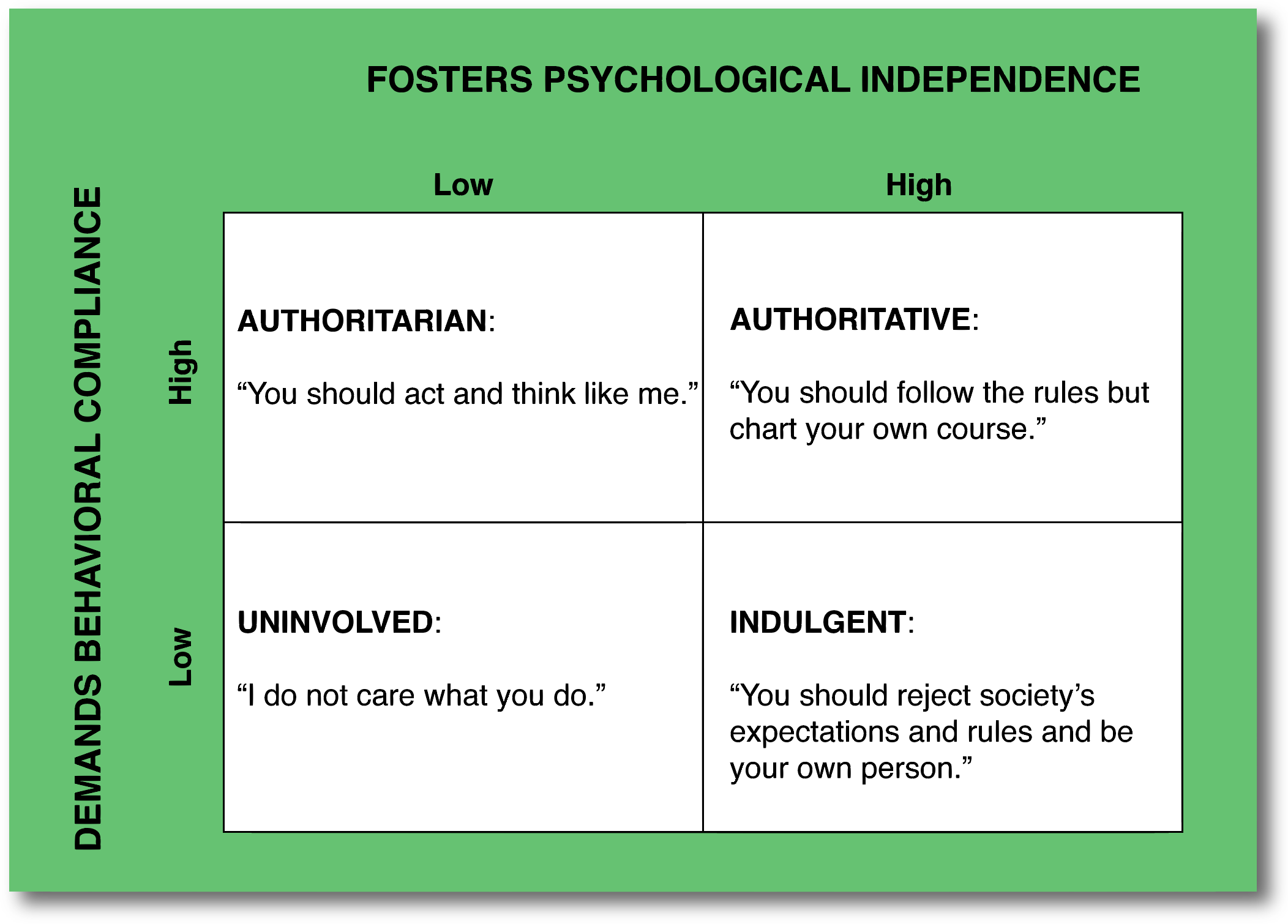Data Matters in Community Corrections!
The second decade of this young millennium is proving to be a major turning point for community corrections agencies and practitioners.
Software is changing the way we practice community corrections and we are making progress daily in our efforts to make our data systems more functional, practically and clinically. (See Is Software the Key to EBP –Part I to see how.)
Practically, it is now possible to have a fully paperless and EBP-influenced information system that has the ability to integrate facility security functions with overall case management, treatment, programming, accountability, supervision, and outcome measures.
Clinically, treatment providers and researchers are working together in unique ways to actually implement EBP rather than just talk about it.
Technologically, advances in software performance and flexibility have resulted in the ability to quickly integrate new practical and clinical innovations into community corrections information systems.
The EBP and “what works” movements were born out of data at a time when few community corrections programs had sophisticated information systems. The research data gathering was painstaking and resulted in limited visibility. For EBP to fulfill its promise to impact the lives of both the practitioner and the client, it is time for integrated and intelligent systems to provide the next generation of “EBP Data” that comes to us daily, weekly and monthly from our own IT systems.
Read More







